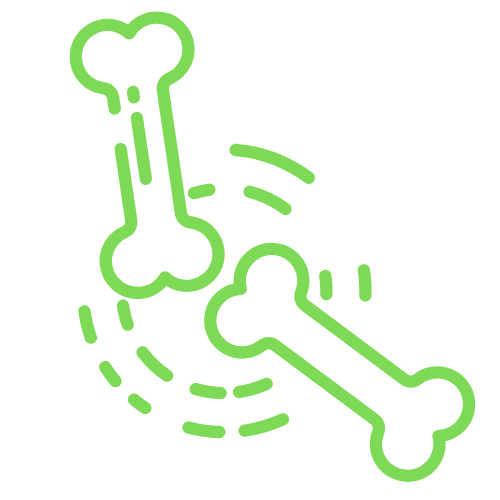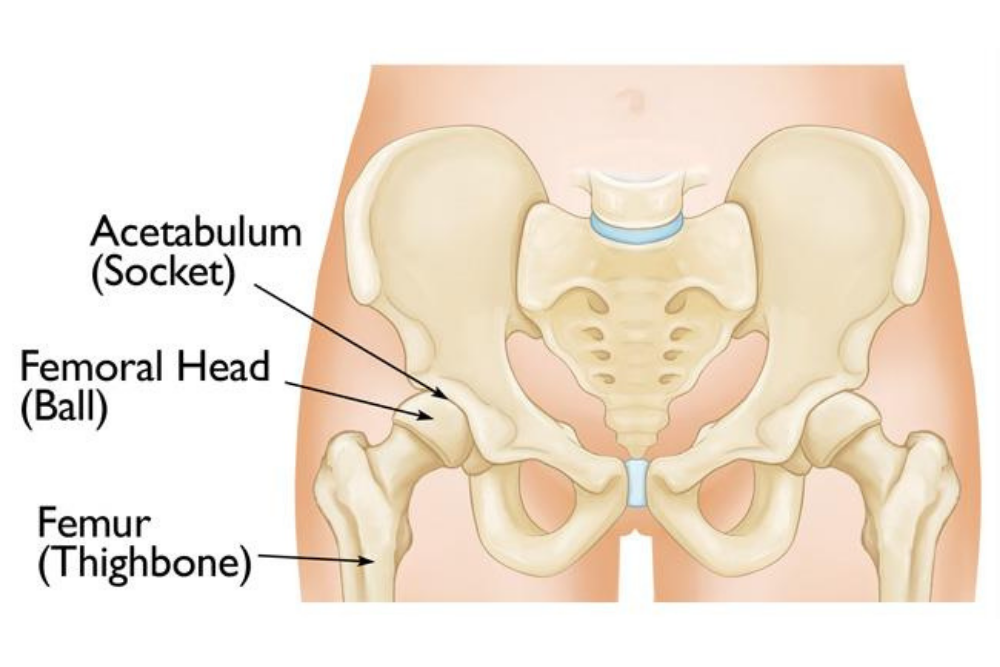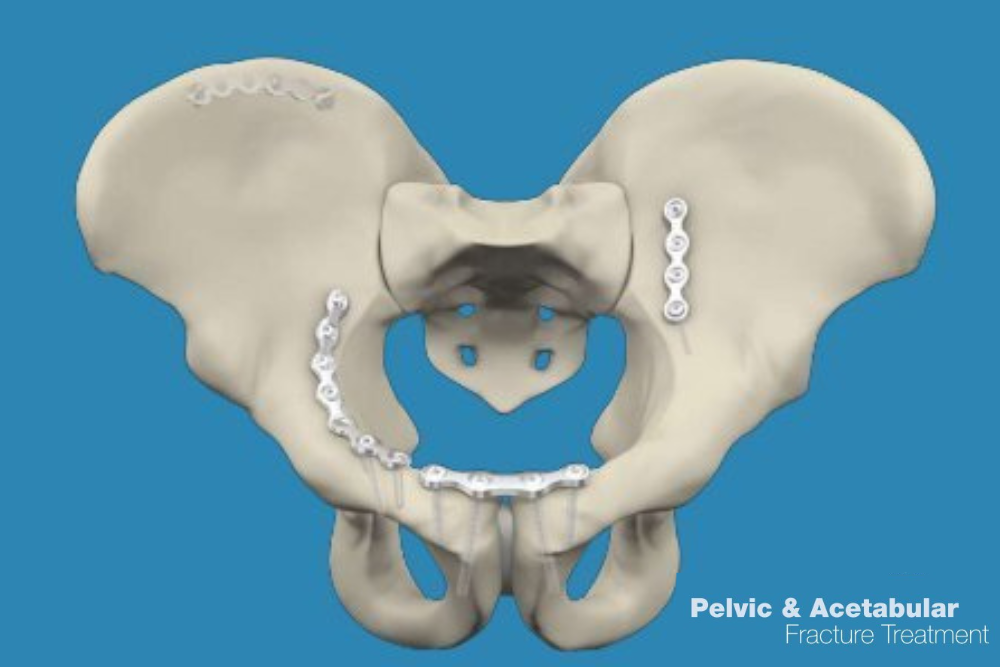Pelviacetabular fractures, also known as acetabular fractures, are complex injuries involving the hip socket (acetabulum) and the surrounding pelvic bones. These fractures can occur due to high-energy trauma, such as motor vehicle accidents, falls from significant heights, or other severe impacts.
Our Treatments
- Home
- Treatments

Pelviacetabular Fractures
Pelviacetabular fractures, also known as acetabular fractures, are complex injuries involving the hip socket (acetabulum) and the surrounding pelvic bones. These fractures can occur due to high-energy trauma, such as motor vehicle accidents, falls from significant heights, or other severe impacts.
Types of Pelviacetabular Fractures
- Anterior column fractures
- Posterior column fractures
- Transverse fractures
- Both-column fractures
Treatment Options
- Open reduction and internal fixation (ORIF) surgery
- Total hip replacement (in severe cases)
- Non-surgical treatment for non-displaced fractures


Comprehensive Evaluation
At Rejoice Orthocare Clinic, Dr. Ramakant Bhivsan begins with a thorough evaluation to assess the patient's condition, including imaging studies (X-rays, CT scans) to determine the extent and pattern of the pelviacetabular fracture. This initial assessment helps determine the most appropriate treatment plan.
Surgical Planning
If surgery is recommended, Dr. Bhivsan and his team will carefully plan the surgical procedure, considering the fracture pattern, associated injuries, and the patient's overall health. Precise surgical planning is crucial for achieving optimal outcomes in pelviacetabular fracture cases.
Pelviacetabular Fracture Surgery
During the surgery, Dr. Bhivsan will perform open reduction and internal fixation (ORIF) to realign and stabilize the fracture fragments using plates, screws, or other fixation devices. In severe cases, a total hip replacement may be necessary.
Post-operative Care
After the surgery, the patient will receive comprehensive post-operative care, including pain management, wound care, and physical therapy. This phase is crucial for a successful recovery and regaining optimal hip and pelvic function.
Rehabilitation and Recovery
Rejoice Orthocare Clinic provides a structured rehabilitation program to help patients regain strength, flexibility, and mobility after their pelviacetabular fracture surgery. Dr. Bhivsan and his team closely monitor the patient's progress and provide guidance throughout the recovery process.
Follow-up and Ongoing Care
Regular follow-up appointments with Dr. Bhivsan are essential to ensure the long-term success of the pelviacetabular fracture treatment. The clinic provides ongoing care and support to address any concerns or issues that may arise during the recovery and post-operative period.
Complications and Prevention
Pelviacetabular fractures can be associated with various complications, including:
- Avascular necrosis (bone death due to disrupted blood supply)
- Post-traumatic arthritis
- Nerve injuries
- Heterotopic ossification (abnormal bone formation)
Dr. Bhivsan emphasizes the importance of prompt and appropriate treatment, as well as adherence to rehabilitation protocols, to minimize the risk of complications and optimize functional outcomes.

Any Questions
The main types of pelviacetabular fractures include anterior column fractures, posterior column fractures, transverse fractures, and both-column fractures.
Treatment options for pelviacetabular fractures may include open reduction and internal fixation (ORIF) surgery, total hip replacement (in severe cases), or non-surgical treatment for non-displaced fractures.
After pelviacetabular fracture surgery, patients typically undergo a structured rehabilitation program to regain strength, flexibility, and mobility in the affected hip and pelvic region. The recovery process can be lengthy and may involve physical therapy and follow-up appointments with Dr. Bhivsan.
Potential complications of pelviacetabular fractures include avascular necrosis (bone death due to disrupted blood supply), post-traumatic arthritis, nerve injuries, and heterotopic ossification (abnormal bone formation).
Absolutely! You can schedule a consultation with our experienced orthopedic surgeons at Rejoice Orthocare Clinic in Nashik by calling our office or filling out the online appointment form to discuss your condition and treatment options for pelviacetabular fractures.
Sunday: 10AM - 8PM
info@drramakantbhivsan.com
